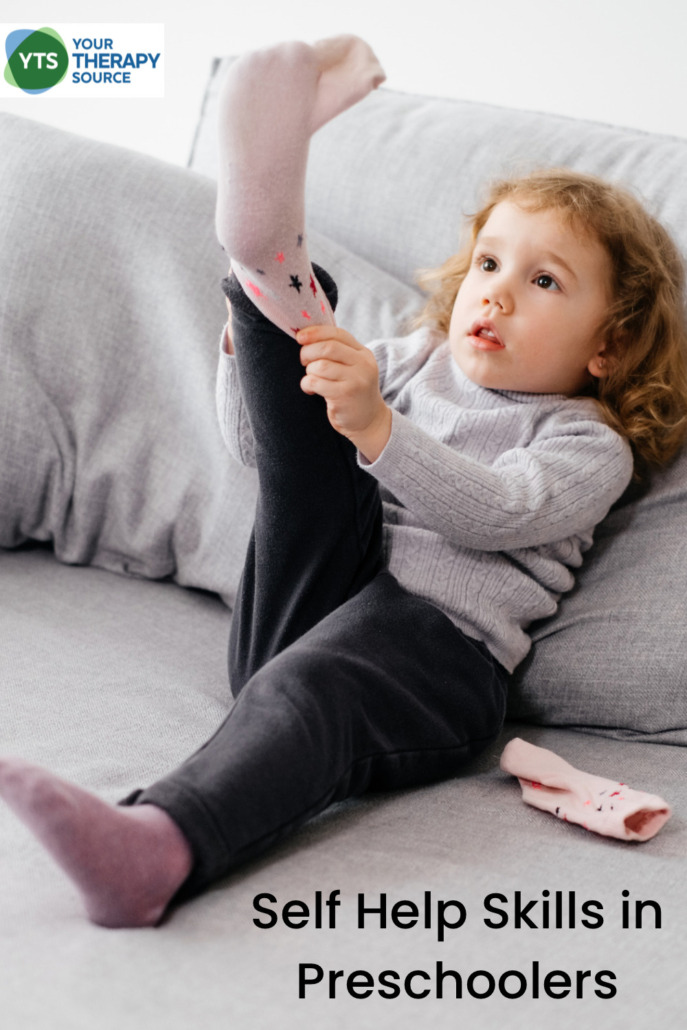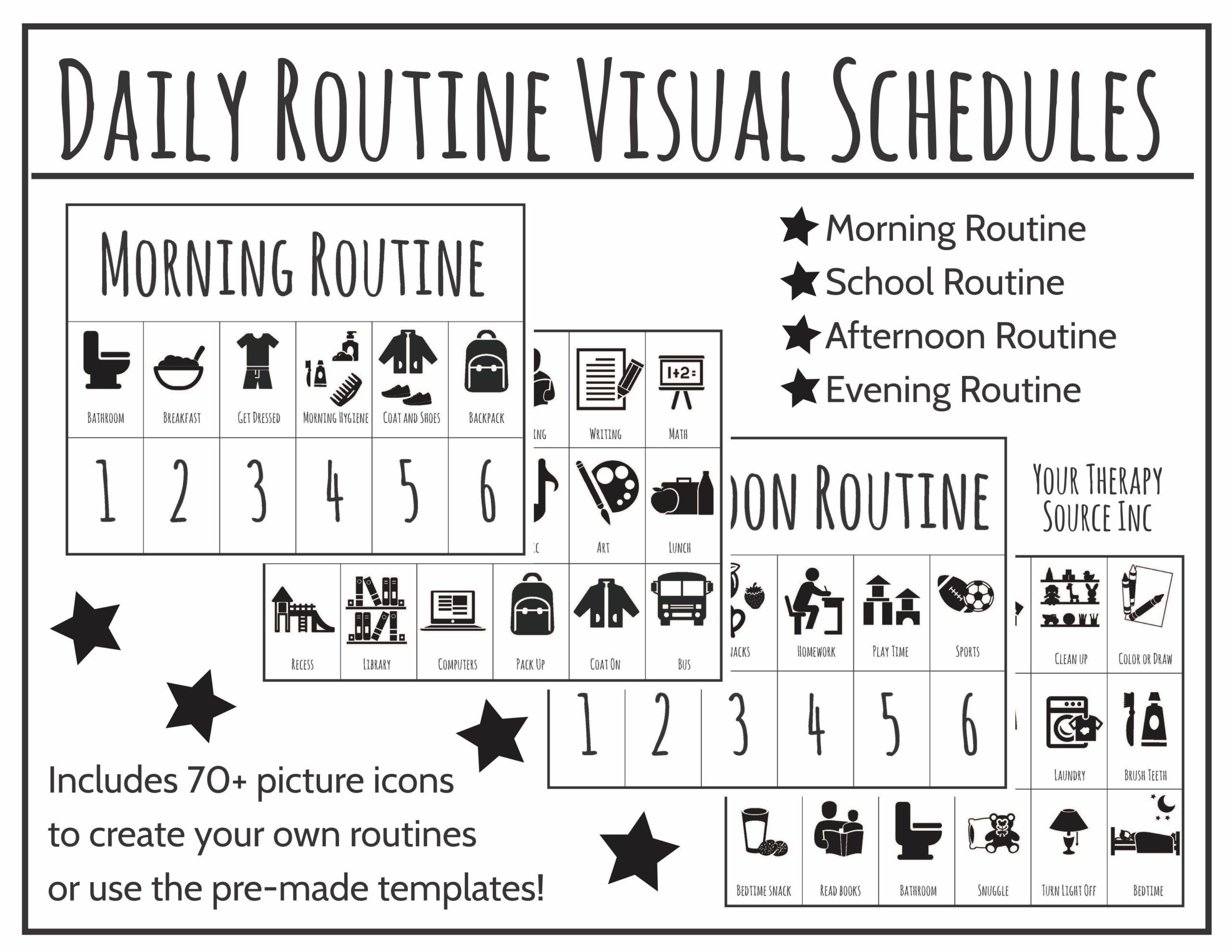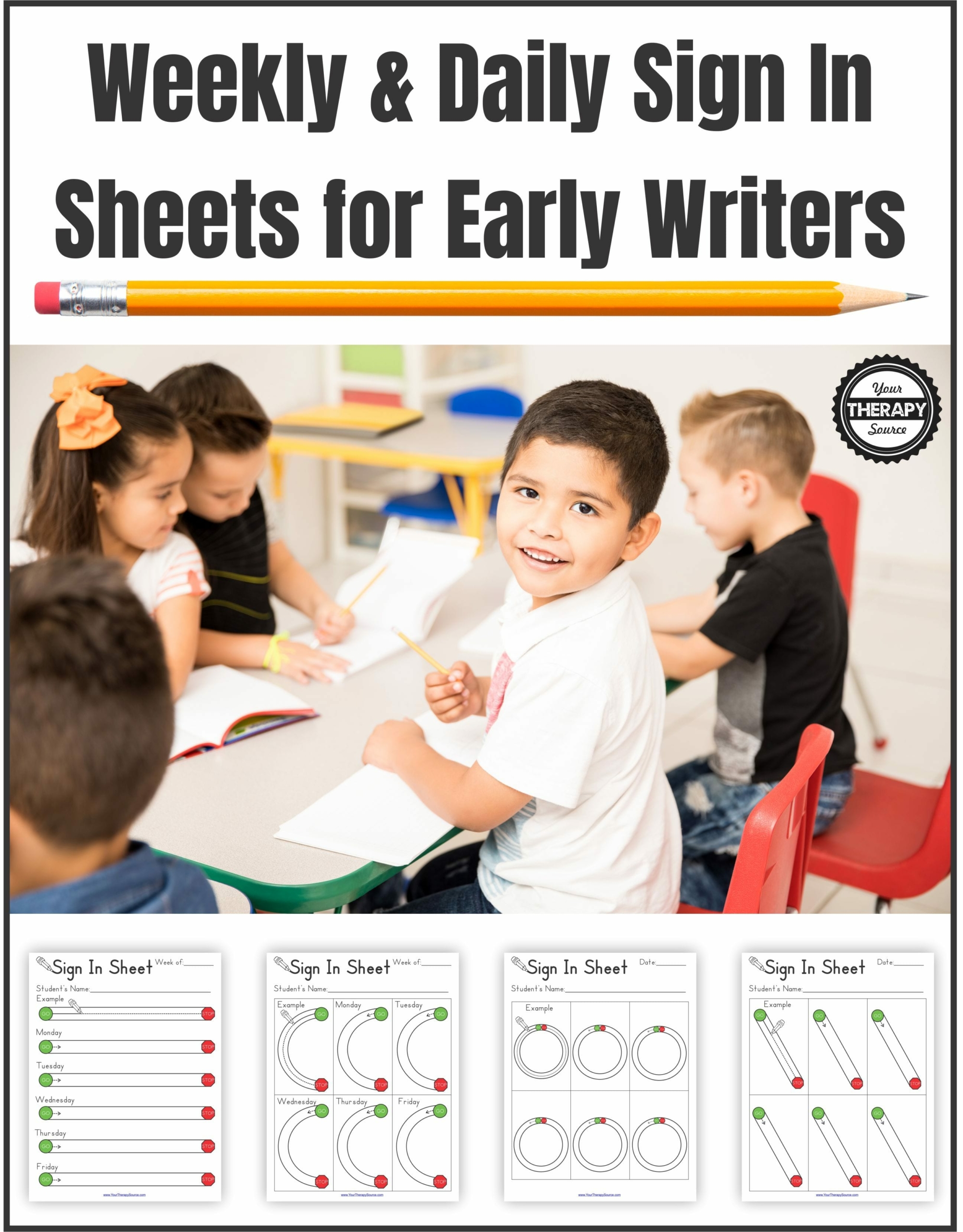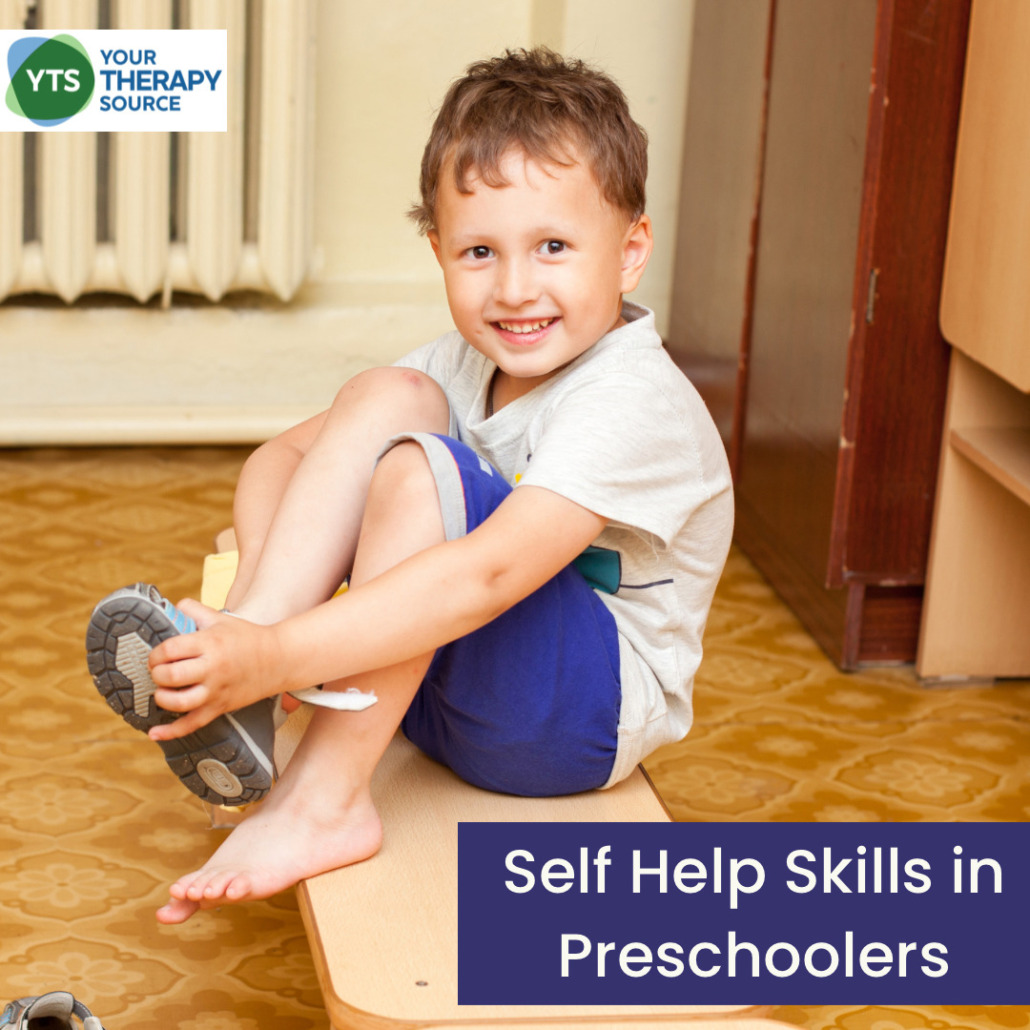Self-Help Skills for Preschoolers

As parents and caregivers, we want to help our preschoolers grow and become more independent. One way to achieve this is by teaching them self-help skills. Self help skills for preschoolers are essential life skills that enable children to take care of themselves and their surroundings. Read more about the importance of self help skills for preschoolers and provide examples, along with tips on how to teach them to young children.

Life Skills 4 Step Sequencing Puzzles
What are self-help skills?
Self-help skills are a set of essential life skills that allow children to perform daily tasks independently. These skills include dressing, feeding, hygiene, and other personal care tasks that promote independence and self-reliance. By teaching preschoolers self-help skills, we can help them become more confident and capable individuals.
Why are self-help skills important for preschoolers?
These skills are crucial for preschoolers’ growth and development. These skills not only promote independence but also improve children’s self-esteem and confidence. As children master self-help skills, they develop a sense of accomplishment and pride, which boosts their self-confidence. Additionally, self-help skills are a stepping stone towards more complex life skills such as problem-solving and decision-making.
Examples of self-help skills for preschoolers
Here are some examples that preschoolers can learn:
- Dressing: Preschoolers can learn to put on and take off their clothes, including buttons, zippers, and shoelaces.
- Feeding: Preschoolers can learn to use utensils, pour liquids, and clean up after themselves.
- Hygiene: Preschoolers can learn to wash their hands, brush their teeth, and take a bath or shower independently.
- Tidying up: Preschoolers can learn to put away toys, clothes, and other items in their designated places.
- Communication: Preschoolers can learn to express their needs, wants, and feelings using words and gestures.

Daily Routine Visual Schedules
How to teach self-help skills to preschoolers
Here are some tips on how to teach self-help skills to preschoolers:
- Start small: Begin by teaching simple self-help skills, such as putting on shoes or picking up toys.
- Provide guidance: Show your child how to perform the task step-by-step, and then let them try it on their own.
- Encourage independence: Encourage your child to try the task independently, even if they make mistakes.
- Praise effort: Acknowledge your child’s efforts, even if they don’t get the task right the first time.
- Make it fun: Use songs, games, and other fun activities to make learning self-help skills enjoyable.
Tips for encouraging self-help skills at home and in school
Here are some tips for encouraging independence in preschoolers:
- Set expectations: Let your child know what you expect of them and praise them when they meet your expectations.
- Provide choices: Give your child options, such as choosing what to wear or what to eat, to help them feel more in control.
- Use positive reinforcement: Praise your child for their efforts and achievements, rather than focusing on their mistakes.
- Use visual aids: Use pictures or visual schedules to help your child understand what tasks they need to perform and when.
The benefits of promoting self-help skills in preschoolers
Promoting life skills in preschoolers has numerous benefits. These skills promote independence, self-reliance, and self-esteem. Children who have developed self-help skills are more confident and capable, which sets them up for success in school and beyond.

Weekly and Daily Sign In Sheets for Early Writers
Common challenges in teaching these skills to preschoolers
Teaching activities of daily living skills to preschoolers can be challenging at times. Here are some common challenges you may face:
- Resistance: Preschoolers may resist learning new skills, especially if they find them difficult.
- Impatience: Preschoolers may get frustrated if they don’t master a new skill right away.
- Forgetfulness: Preschoolers may forget to perform certain self-help tasks, such as washing their hands, if they are not reminded.
- Lack of interest: Preschoolers may not be interested in learning certain self-help skills, especially if they are not fun or engaging.
When to seek help for your child’s self-help skills development
If you notice that your child is struggling to learn self-help skills or is not making progress, it may be time to seek help. Talk to your child’s pediatrician, teacher, Occupational Therapist, or Physical Therapist who can provide guidance and support.
In conclusion, teaching self-help skills to preschoolers is an essential part of their growth and development. By promoting independence and self-reliance, we can help our children become confident and capable individuals. Use the tips and strategies in this article to teach self-help skills to your preschooler and encourage them to become more independent both at home and in school.



